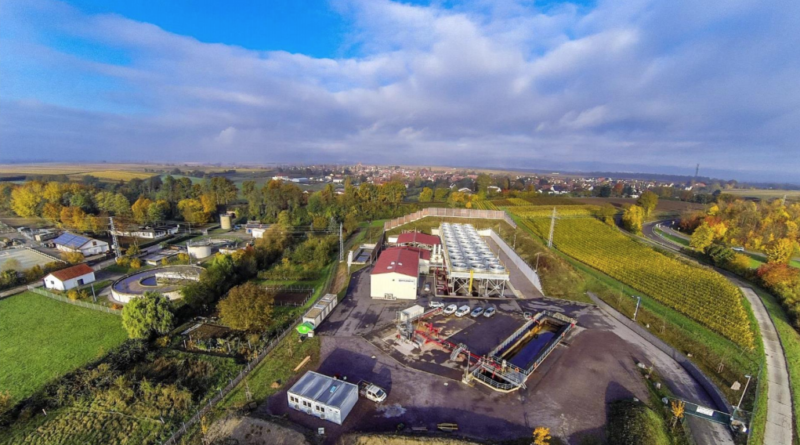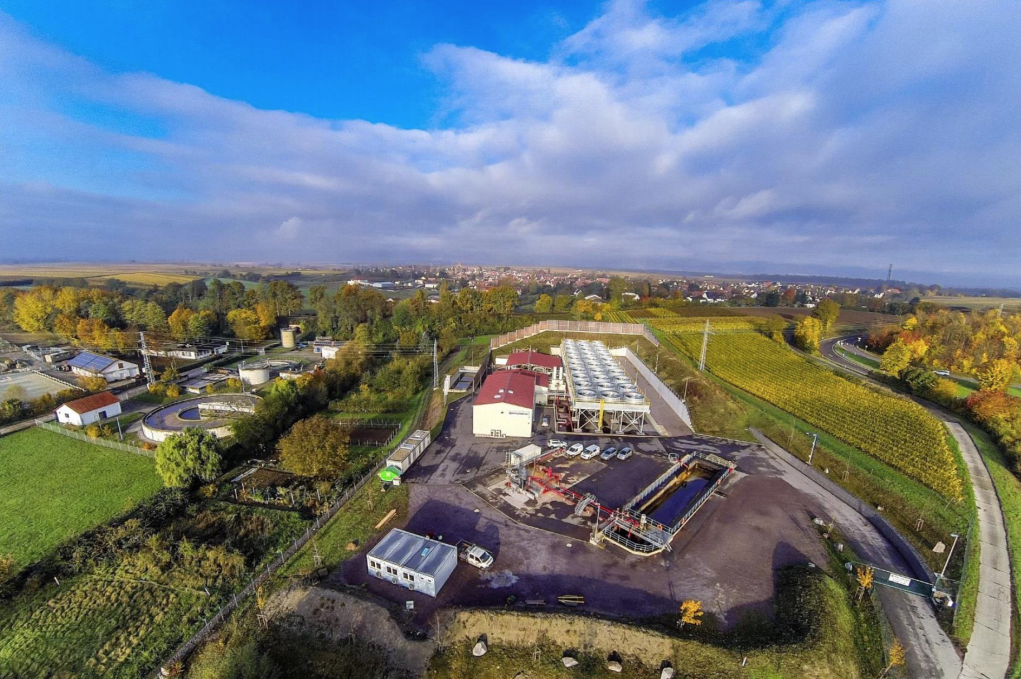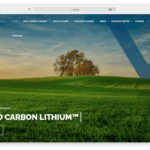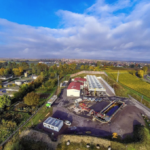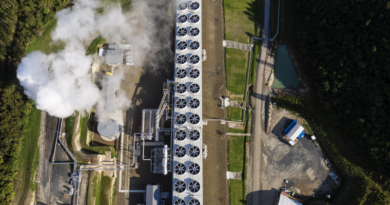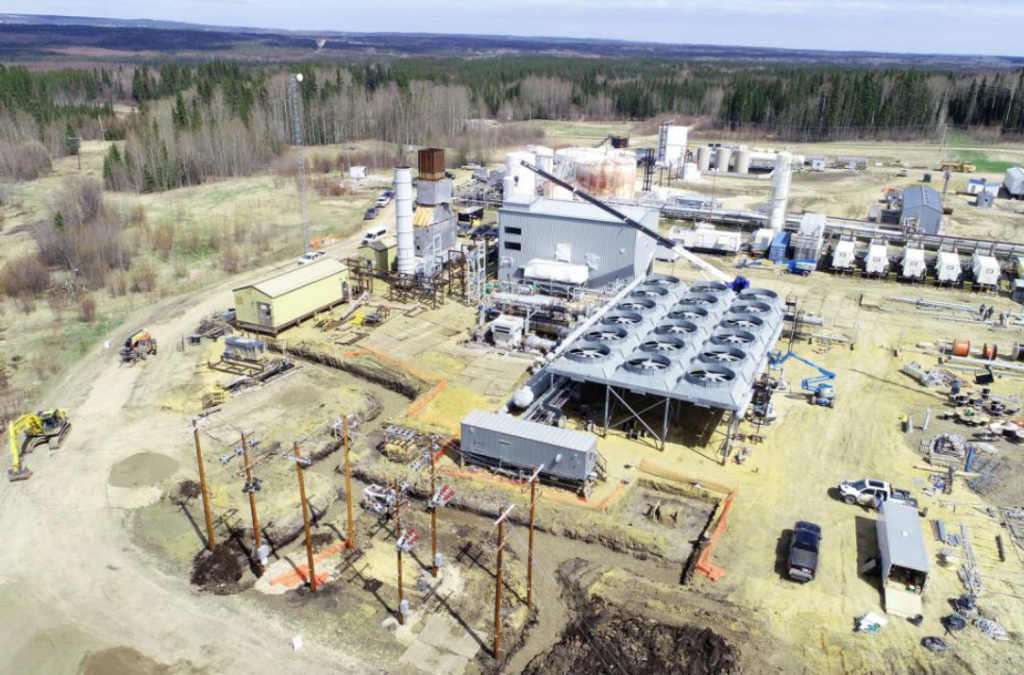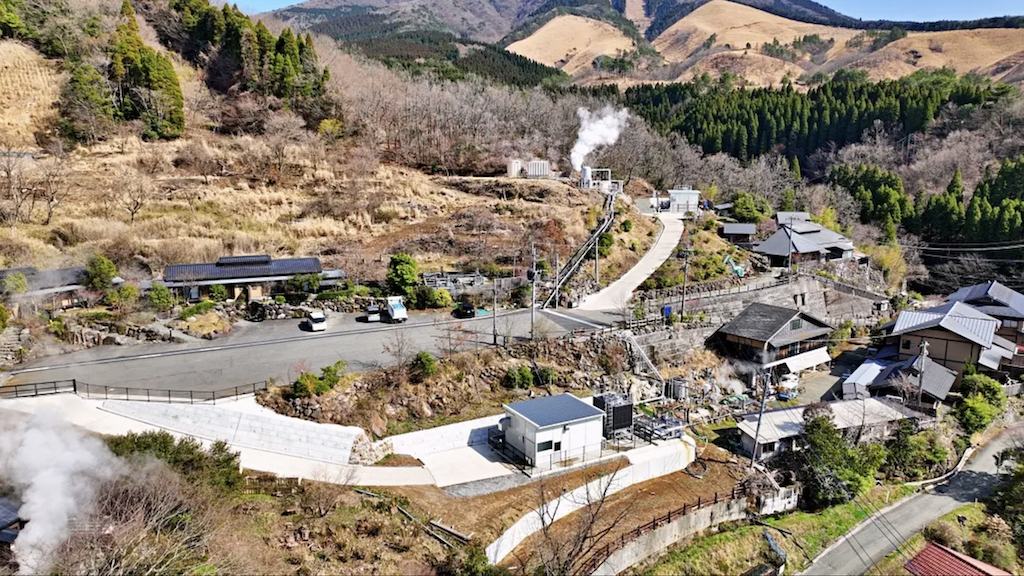Vulcan Energy Resources acquires 4.8 MW Insheim geothermal plant
Energy Disrupter
Australian-German lithium startup Vulcan Energy Resources acquires the Insheim geothermal power plant in Rhineland-Palatinate, Germany.
Announced last night by the company and reported this morning by German publication Handelsblatt, German-Australian Vulcan Energy Resources has acquired the Insheim geothermal power plant by Pfalzwerke geoFuture, the operating company owned by local utility company Pfalzwerke AG.
With that acquisition the company wants to accelerate the development of its own lithium conveyor technology. Vulcan targets mining CO2-free lithium in Germany. Much depends now on the success of the deal, so Handelsblatt.
The Australian Stock Exchange listed lithium start-up Vulcan Energy is taking over the 4.8 MW Insheim geothermal power plant with plans to set up a new test facility for lithium production . As the company announced on Friday, it will pay EUR 31.5 million (ca USD 35.7 m) for the plant that is located between Landau in the Palatinate and the city of Karlsruhe. In a second step, Vulcan wants to build a pilot system there, with which the company wants to filter the valuable metal from hot, mineral-containing liquid from the underground.
The project is extremely important for the listed start-up: Vulcan founder Horst Kreuter said in an interview with Handelsblatt that the aim of the transaction was to refine the lithium extraction process. “This gives us time to develop the technology.”
Vulcan Energy wants to mine the most important raw material of the lithium battery for electric cars in Germany without emitting greenhouse gases. The company wants to use the geothermal deposits in the Upper Rhine Rift between Basel and Frankfurt.
The geothermal plants pump hot brine from a depth of thousands of meters to the surface . There the liquid gives off heat, which is used to produce electricity. Eventually the water is fed back underground.
The company has reported a series of Lithium supply contracts with manufacturers, among them Renault, Umicore, LG Energy Solutions, Stellantis and Volkswagen with an ambitious timeline of first delivery in 2025.
Source: Handelsblatt

